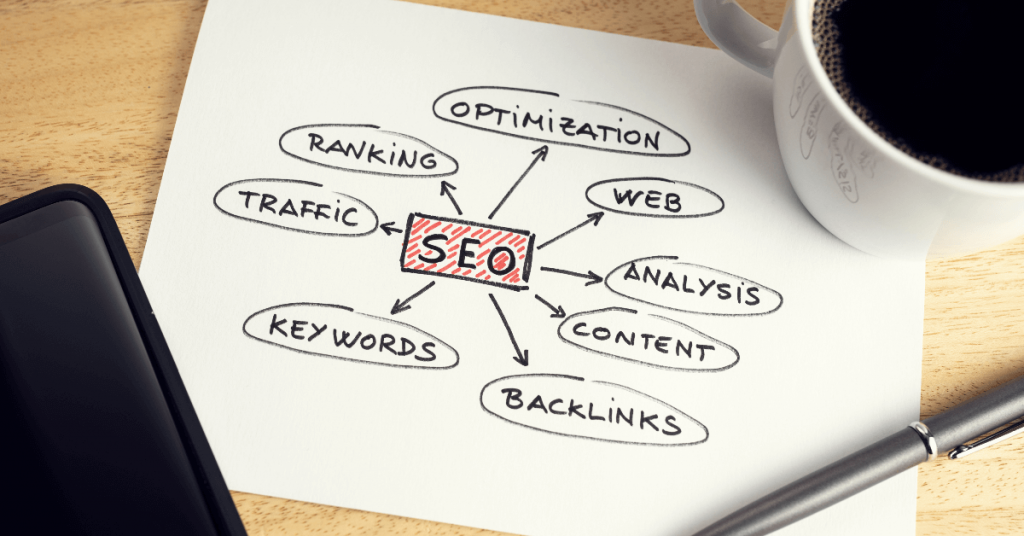
SEO stands for Search Engine Optimization. We are so exposed to search engine marketing that sometimes we feel that we know everything, but when we get down to it, we realize that there is so much we do not know.
SEO marketing, or SEM marketing, is quite extensive and features quite a lot. Let’s have a look at a few of the things you need to know and are probably a little afraid to ask.
What is SEO?
SEO stands for Search Engine Optimization and it is a technique used to help websites become more visible on organic search engines. This includes search engines like Bing, Google, and Yahoo.
What’s the Difference Between Organic Results and Paid Results?
Organic results in SEO digital marketing appear in search engines free of charge, and this is usually based on an algorithm.
On the other hand, paid results appear at the top or on the side of a web page, and these are the links that the advertisers have paid to appear there.
This is also the difference between SEO and SEM. SEO uses organic methods while SEM uses paid methods.
What Are Meta Descriptions?
A meta description refers to the text at the bottom of your page on search engine results, and it explains what the page is about.
Meta descriptions still do matter, the same way they did before, and they are used to place specific optimized keywords, so the crawlers know more about your page and the content. However, it is more important to write something compelling to the readers, so they click on your page for more information.
Should I optimize my domain with keywords?
Your primary domain should never include keywords, and it is not just for keyword optimization. This will hurt your SEO marketing.
If your company’s name has a keyword, that is okay, but you shouldn’t make it look like it’s all about keywords.
How do you know when to use the right number of keywords?
Unfortunately, it’s hard to tell the right number of keywords on a page, and this is because it’s the wrong way to think about keyword optimization.
There isn’t a keyword density that you should be aiming for. Using a keyword too much in a text will result in “keyword stuffing.”
Keep the reader in mind when preparing content and use keywords as needed. You will find enough natural opportunities to use keywords that you will not have to worry about how many you are using.
What are inbound and internal links?
Internal links on your website will take you to another page but still on your website, while inbound links will move you from your website to another website. The link content for different sites. Both of these are optimized for Search Engine Marketing.
How many internal links should you have on a page?
Just like ensuring that you do not stuff your page with keywords, the same goes with links. You do not want to put too many links on your content since readers will click and not actually get to read what you have to tell them.
Conclusion
There is way more on SEO and SEM, and if you are having trouble utilizing them on your content, all you have to do is find the best SEO agency to help you with this.








